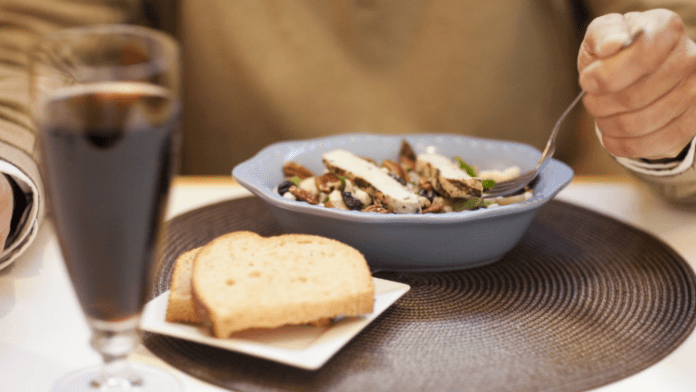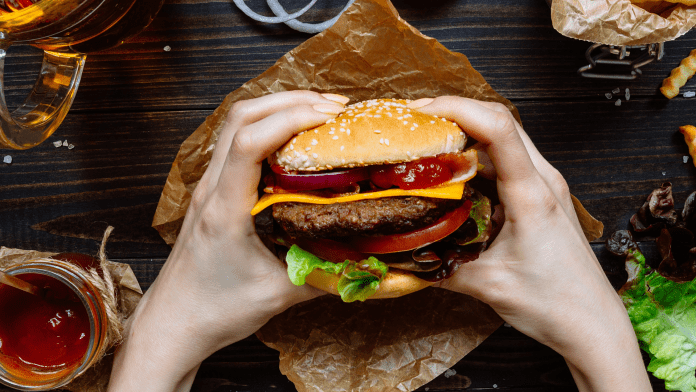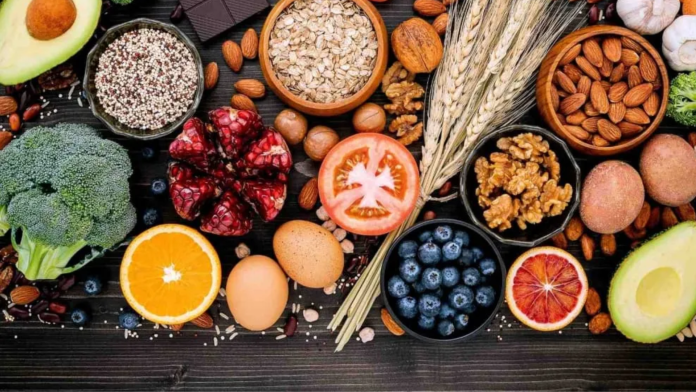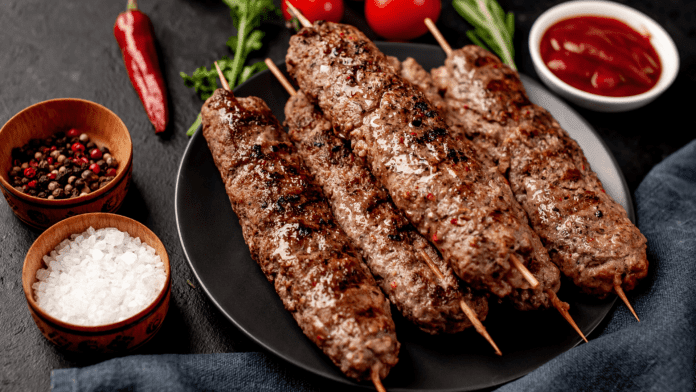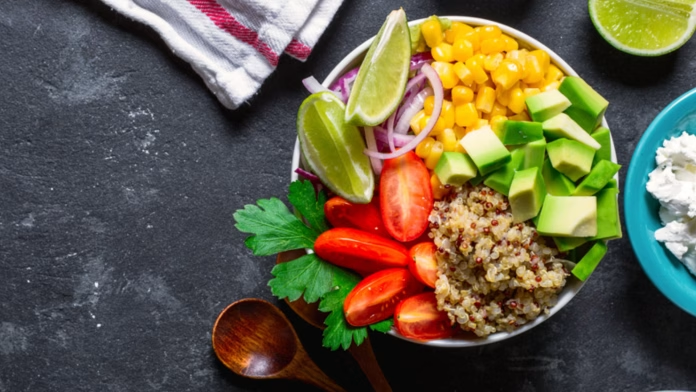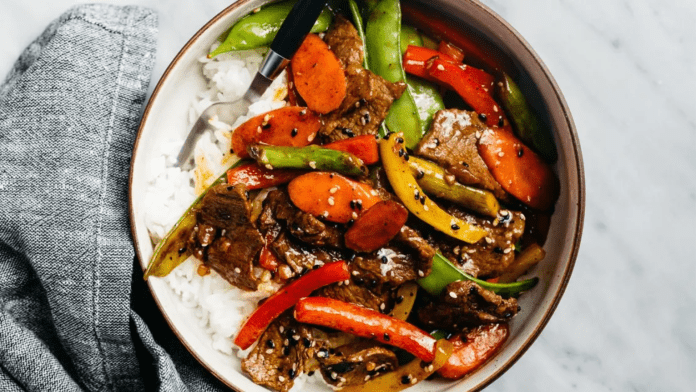Gaining weight is a common goal for many individuals, whether they are athletes looking to increase muscle mass or individuals seeking to improve their overall health. One popular way to gain weight is by consuming protein powder and sugary drinks. However, recent research suggests that combining protein powder and sugary drinks may not be the best approach to gaining weight. In this article, we will explore the links between protein and sugary drinks and weight gain, as well as the risks of mixing the two.
The Link Between Protein and Weight Gain
Protein is an essential nutrient for building and repairing muscles, making it a key component of many weight gain strategies. Studies have shown that increasing protein intake can lead to greater muscle mass and strength gains in both athletes and non-athletes alike. However, it is important to note that protein alone does not necessarily lead to weight gain. In fact, consuming excessive amounts of protein without adequate exercise can lead to weight gain in the form of fat, rather than muscle.
To effectively gain weight through protein consumption, it is important to consume a moderate amount of protein alongside a balanced diet and regular exercise routine. This can help to ensure that the additional calories consumed through protein are used to build muscle, rather than stored as fat.
The Link Between Sugary Drinks and Weight Gain
Sugary drinks, such as soda and sports drinks, are often consumed in large quantities by individuals looking to gain weight. While these drinks do contain a high amount of calories, they also contain a significant amount of sugar, which can lead to weight gain in the form of fat rather than muscle.
A study published in the American Journal of Clinical Nutrition found that consuming sugary drinks can lead to a higher risk of obesity, type 2 diabetes, and other health problems. This is due in part to the high levels of added sugar found in these drinks, which can cause insulin resistance and inflammation in the body.
The Risks of Combining Protein and Sugary Drinks
While consuming protein and sugary drinks separately may be beneficial for weight gain, combining the two can have negative consequences. When protein powder is mixed with sugary drinks, the body is hit with a high amount of both protein and sugar at once. This can lead to a spike in blood sugar levels, followed by a crash, which can leave the body feeling fatigued and lethargic.
Additionally, consuming protein and sugary drinks together can lead to an increased risk of weight gain in the form of fat. This is because the body is not able to effectively use the protein for muscle building when it is consumed alongside high levels of sugar.
Alternative Beverages to Mix with Protein Powder
If you are looking to gain weight through protein consumption, there are alternative beverages that can be mixed with protein powder to avoid the negative effects of sugary drinks. Some examples include:
- Water: This is the simplest and most effective option for mixing with protein powder. Water helps to hydrate the body and can also aid in digestion, making it a great choice for post-workout recovery.
- Milk: Milk is a good source of protein and contains essential nutrients like calcium and vitamin D. It can also help to slow the absorption of protein, allowing the body to effectively use it for muscle building.
- Plant-based milk alternatives: For individuals who are lactose intolerant or following a vegan diet, plant-based milk alternatives like almond milk or soy milk can be a good option for mixing with protein powder.
Gaining weight can be a challenging process for some people, and many may turn to protein and sugary drinks to help them achieve their goals. However, combining these two types of beverages can have negative effects on both weight gain and overall health.
Sugary drinks can lead to an increase in body fat and other health problems, while protein drinks can help build muscle mass but may not be as effective when consumed with high levels of sugar. To avoid these negative consequences, it is important to be mindful of the beverages we consume and to seek out healthier alternatives that support our weight gain goals without compromising our health. Incorporating a balanced diet and regular exercise into our daily routine can also be beneficial in achieving long-term weight gain goals.

